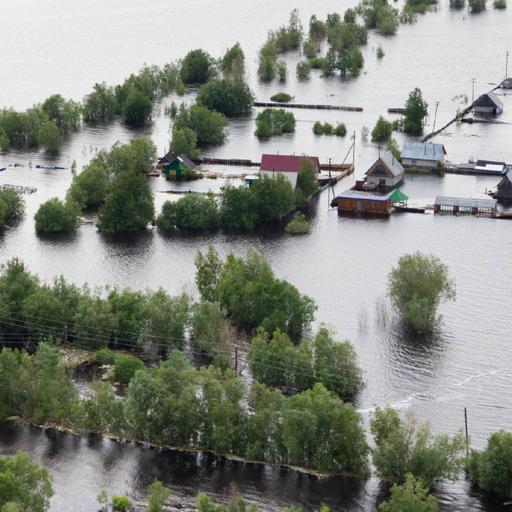Disaster Mitigation and Management
Presentations | English
Disaster mitigation measures are those that eliminate or reduce the impacts and risks of hazards through proactive measures taken before an emergency or disaster occurs. One of the best known examples of investment in disaster mitigation is the Red River Floodway. Non-structural mitigation involve the policies and practices which raise awareness of hazards or encourage developments to reduce the impact of disasters. Preparedness refers to being prepared to respond to a disaster, whereas mitigation also seeks to either prevent the disaster or lessen its impact. Preparedness can only be enacted prior to a disaster, whereas mitigation can be implemented before a disaster starts or during the disaster. Hazard mitigation planning reduces the risk to people and property and reduces the cost of recovering from a disaster. A hazard mitigation plan can help communities become more sustainable and disaster-resistant by focusing efforts on the hazards, disaster-prone areas and identifying appropriate mitigation actions.

26.25
Lumens
PPTX (105 Slides)
Disaster Mitigation and Management
Presentations | English
